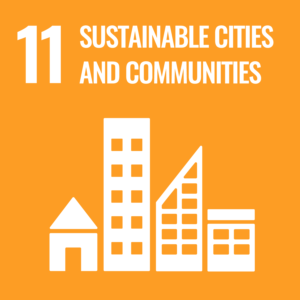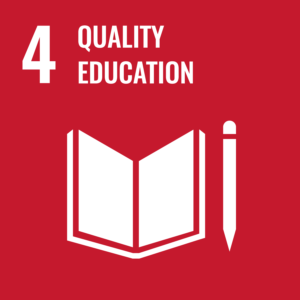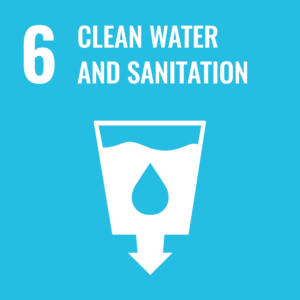Across all our operations, Hunt is committed to positively impacting the communities in which we serve or conduct business
School children in Huancavelica, Peru

We treat all communities including residents, government entities, local businesses, and partners fairly and with respect. We create long-term economic and social value for residents in the areas where we conduct business. To accomplish this, we listen first to each stakeholder to better understand their needs and challenges, and then work collaboratively to develop a framework for mutual cooperation and success.
Building Relationships with Our Stakeholders
- Effective Communication
- Analysis of the Environment
- Promoting Local Development
- Hunt Global Partnerships
Stakeholders
To create meaningful and trusting relationships with our communities, we engage with stakeholders early in our relationship by promoting frequent and direct communication to share information regarding our activities, to receive feedback, and to understand stakeholder needs and concerns.
Landowners & neighbors
Partners, investors & lenders
Contractors & suppliers
Special interest groups
Local communities
Government authorities
Non-government organizations
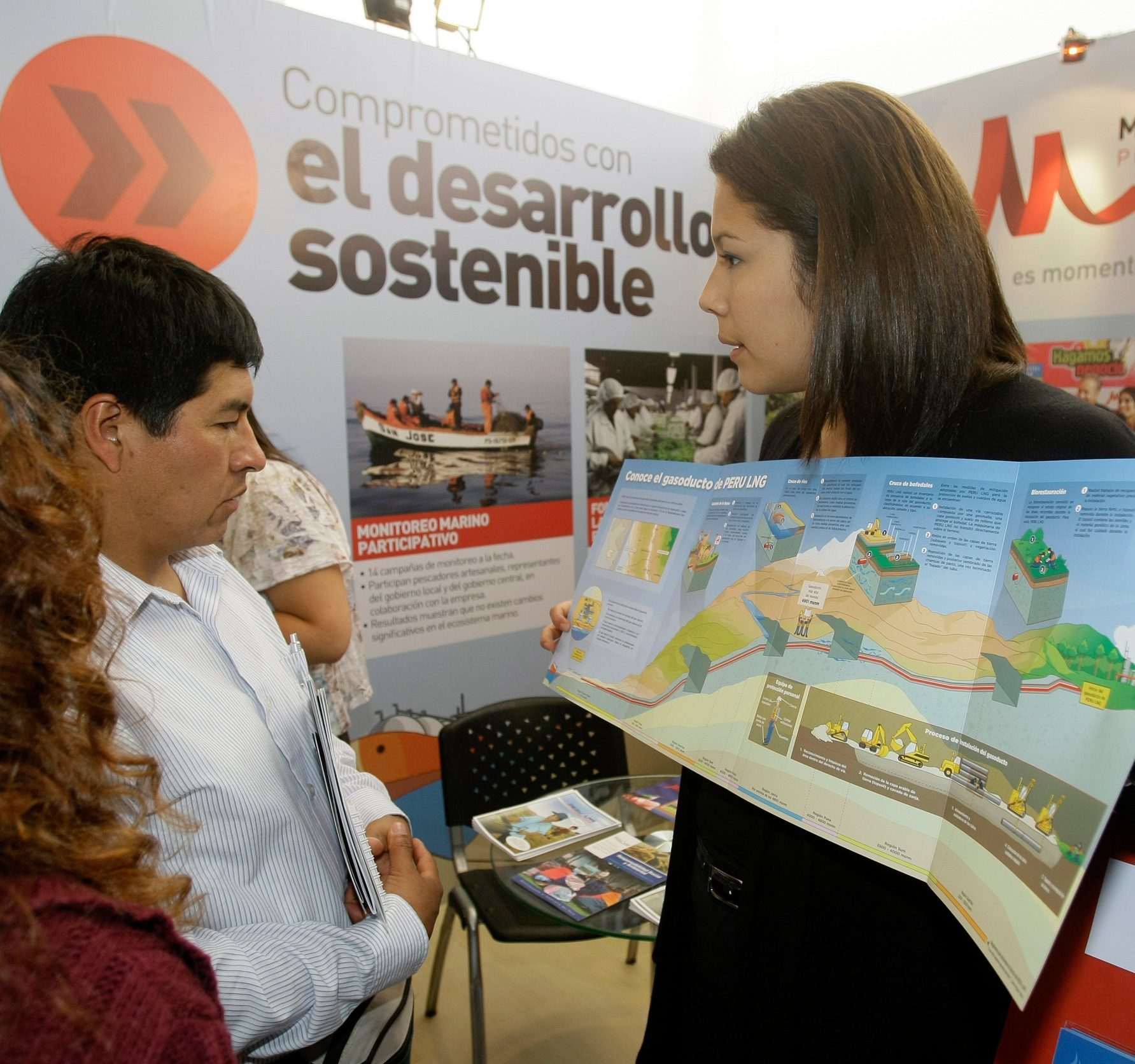
In the course of our normal business activities, we have many different stakeholders, including our employees, partners, investors, lenders, contractors and suppliers, customers, and regulators. However, we also recognize there are many indirect stakeholders, such as local communities, landowners, and NGOs that may be affected or take interest in our activities.
Understanding each of these specific groups and their interests takes work – including comprehensive social impact assessments, surveys, town halls, and public notices.
Interaction with communities is conducted within stakeholder engagement plans that incorporate participatory monitoring, grievance management, and social investment programs designed according to the complexity of our projects and community characteristics.
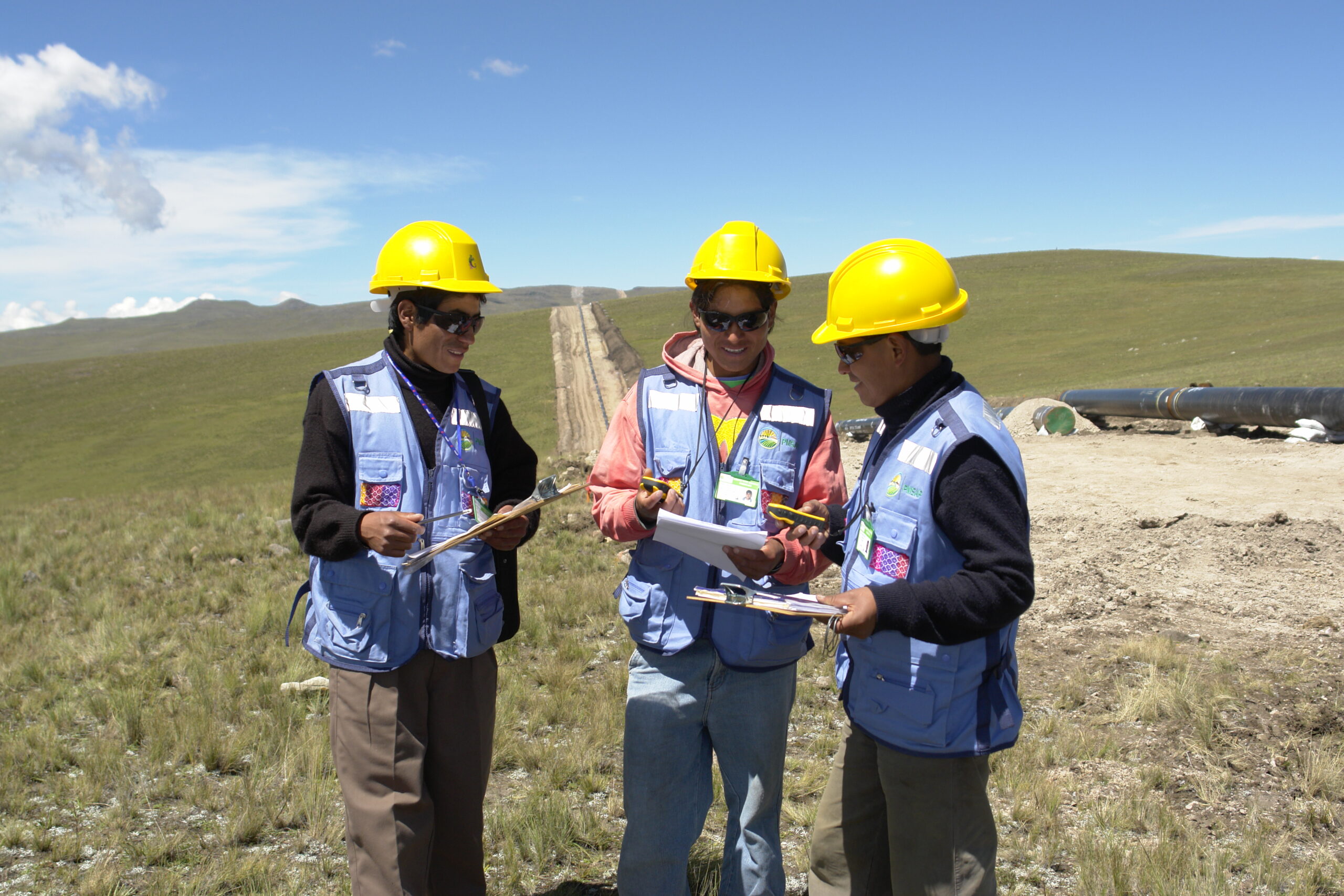
To understand the socioeconomic, cultural, and natural aspects of the environment surrounding our operations, and how our activities can impact our neighboring communities we conduct environmental and social impact assessments, surveys, consultations, and other studies. The gathered information is fundamental to continuously improve how we engage with our neighbors as it enables us to:
-
Identify and manage risks and opportunities
-
Establish mitigation plans
-
Design social investment projects
-
Develop communication strategies
At Hunt, we are committed to promoting sustainable development in our neighboring communities by integrating social and environmental considerations in our planning and operations. Our social investment initiatives, participatory monitoring programs, and local hiring and purchasing are some ways we have historically integrated aspects of local and global interest while promoting mutual development.
Social Investment Focus Areas
The baseline studies we have conducted over the years and the dialogue we maintain with our neighboring communities have identified five primary areas where we continue to focus our social investment programs:
Health & Wellbeing
Ensuring healthy lives and promoting wellbeing is essential to sustainable development
Economic Development
Sustaining inclusive economic growth can drive progress, create decent jobs for everybody, and improve living standards
Cultural Conservation
Working to maintain various cultural aspects and traditions can provide an invaluable source of knowledge for present and future generations
Education
Enabling upward social and socioeconomic mobility, education is a key to escaping poverty
Water Management
Providing clean water is vital to our survival as water access is critical to economic and social development. Although much of the developed world has access to clean drinking water and sanitation, billions of people, mostly in rural areas, still lack these basic services
Our Social Investment Framework
We leverage our corporate resources (our time, money, relationships) to contribute to the development of our communities in ways that create positive social and environmental effects and boost morale and productivity within and around our operations.
Hunt Global Partnerships (HGP), created in 2007, is Hunt Oil Company's corporate social responsibility program. It creates partnerships with non-profit entities and local residents, as well as local, state and federal governments, to produce sustainable projects that enhance the quality of life for the residents and communities where Hunt operates.
Hunt’s model focuses on collaboration with strategic partners in the field, coupled with a solid foundation of independent monitoring and evaluation. Each program begins with a comprehensive, third-party baseline study that is used as the starting point to measure results with the monitoring and evaluation team. We recognize that performance matters; therefore, we review these results annually to ensure that project goals are being met and that programs are on schedule and within budget.
HGP programs are implemented by NGOs that have extensive experience in development programs and that implement best practices in social investment activities.
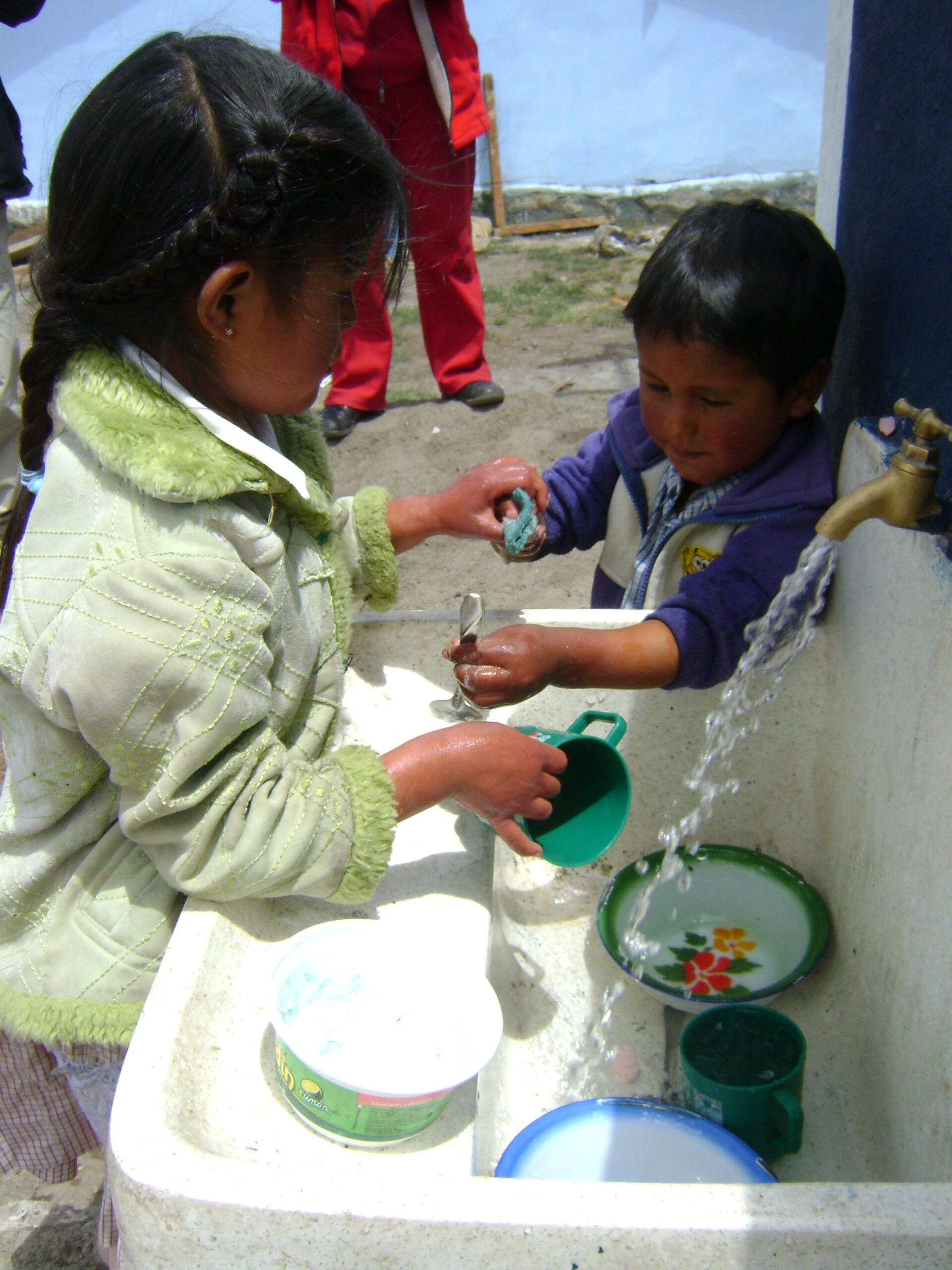
SPOTLIGHT
- In 2009, access to drinking water and sanitation, considered essential to people´s lives, was not possible for many Andean families from the Ayacucho and Huancavelica regions of Peru. Statistics of that time on acute diarrheic diseases in children under 1 year, levels of chronic malnutrition and anemia in children under 5 years of age that reached 21%, 47.4%, and 74.5% respectively, were evidence of the impact of this situation on the population.
- In this context, one of the first HGP projects implemented in Peru was the Integrated Health Program, which was focused on reducing the indices of mother-and-child morbidity and mortality in the rural areas belonging to the area of influence of HOCP in the Ayacucho and Huancavelica regions. Working with a local NGO, Asociación Benéfica PRISMA, the project benefited more than 2,000 families from 2008 to 2011. Over the course of the project, HGP made a very positive impact on families living in rural communities by extending the coverage and improving the quality of mother-and-child healthcare services, educating residents on healthy habits and advancing the sanitary and environmental conditions in the communities by delivering improved stoves and hygienic latrines, teaching proper hand washing techniques and installing hot water systems in schools.
- Campaigns were developed for the promotion of healthy habits, that included the development of 2,476 group and 1,805 demonstration sessions on topics of health, handwashing and sanitation; and the visit to more than 8,900 homes to monitor the application of new habits.
- Drinking water systems that serve more than 2,000 families were also improved, including the development of repairs, installation of pipes, among other improvements, as well as maintenance training for community water management committees to guarantee the sustainability of the intervention.










